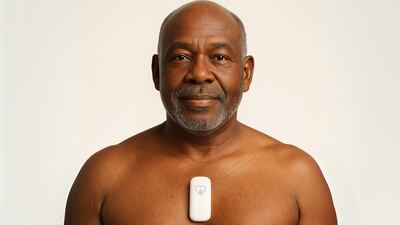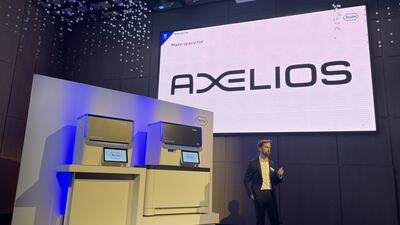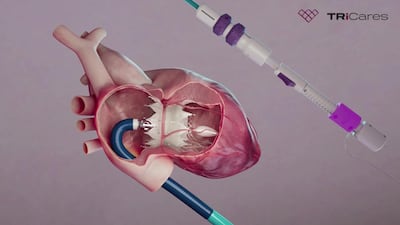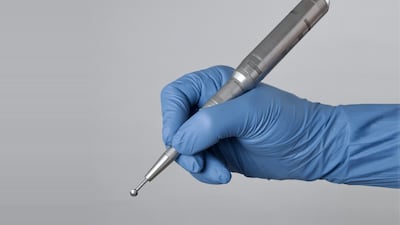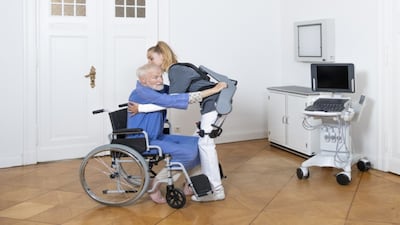With the worldwide market opportunity for neuromodulation devices rivaling that of atrial fibrillation and diabetes, device manufacturers and pharmaceutical companies alike are taking aim at this fast-growing market, which is projected to increase from approximately $2.9 billion in 2014 to almost $6 billion in 2020. The market is highly underpenetrated, and demand for neuromodulation devices continues to grow, driven by a fast-growing list of potential indications for a wide variety of conditions and complex diseases with high unmet clinical needs. Over the last several years, the number of products in the pipeline has grown exponentially as clinicians and manufacturers alike look to neuromodulation to treat a variety of disorders, including chronic pain, migraines, blindness, Alzheimer’s disease, depression, severe anorexia and other psychiatric disorders, epilepsy, obstructive sleep apnea, paralysis, asthma, blindness, stroke, heart failure, obesity, and incontinence, among others. (See Exhibit 1.) (See also Also see "Neuromodulation Market: Innovation Brings High-Growth Rewards" - Medtech Insight, 27 March, 2013.andAlso see "Emerging Peripheral Nerve Technologies Draw New Competitors To Neuromodulation Market" - Medtech Insight, 26 April, 2013..
Exhibit 1
Read the full article – start your free trial today!
Join thousands of industry professionals who rely on Medtech Insight for daily insights
- Start your 7-day free trial
- Explore trusted news, analysis, and insights
- Access comprehensive global coverage
- Enjoy instant access – no credit card required
Already a subscriber?

